I was recently challenged on Facebook to post, over 7 days, 7 books that have influenced me, but without any explanation. You know me better than that! To be passionate enough about something to voluntarily participate in a Facebook trend and not say anything about it?! Hah! I was also challenged simultaneously to do the same things with 20 albums if you want to check that post out when it comes later.

#1 – The Cardinal of the Kremlin – Tom Clancy – I read this in my teens. I had read at least one other book from a very different perspective than I was accustomed (ie. a Star Trek novel about a Klingon rather than the usual main characters), but this book was entirely different. This story was told from multiple perspectives, some American, some Russian, and often in direct conflict with one another. Nearly every single perspective was well-realized, relatable and completely sympathetic. In short, with very few exceptions, there were no bad guys in this book, just real people with different experiences, objectives, and viewpoints that were sometimes irreconcilable with one another. That blew me away and opened my eyes to what writing could be.
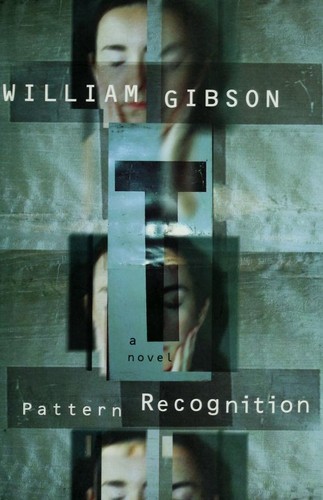
#2 – Pattern Recognition – William Gibson – This is perhaps the most bizarre intersection in my literary life. I love precisely one book from William Gibson, and it happens to be the very first book I ever encountered by him. It’s difficult to explain what this book means to me and why. I’m not even sure if I would have enjoyed it so much if I hadn’t experienced it on audio. Shelly Frazier fully comprehends Gibson, and her delivery turns the book into this amazing mass of stark contrasts, heart-wrenching beauty, delicious discoveries, grief, mystery, shared obsessions, glimpses of wealth and power both alluring and frightening, and an ending simultaneously poignant, sad, anti-climactic, and satisfying. I’ve read and listened to other Gibson novels, including the other two books in this “trilogy,” and the lightning has left the bottle for good. They can be interesting, but they don’t touch me the way this one did.

#3 – The Lord of the Rings – J.R.R. Tolkien – This probably doesn’t need much explanation. What fantasy/sci-fi writer hasn’t been influenced by Tolkien? I certainly know people who find him boring, and I’ll admit to having skimmed through some parts myself, but the man literally wrote the book on fantasy. Very few have come close to capturing that same sense of grandeur, of timelessness, of nobility in the face of certain defeat, of a world steeped in magic and lore. I’ve never set out to be the next Tolkien any more than I’d want to be the next Brandon Sanderson (though I wouldn’t mind at all being the next Michael J. Sullivan), but it was Tolkien who first opened my eyes to the possibilities inherent in storytelling.

#4 – John Adams – David McCullough – If you think politics is nasty today, this book may change your perspective. The idea of “fake news” got its start WELL before modern times. But I digress. John Adams is one of my favorite people, thanks to this biography. Landed gentry, lawyer, statesman, philosopher, and one of the more un-sung of the Founding Fathers, he and Abigail (they really were a team ahead of their day) practically dragged the United States of America into being by themselves. A man of deep integrity and fair-mindedness, he did what he believed was right, no matter the cost. His relationship with Thomas Jefferson is fascinating reading: Friends, to enemies, to friends in old age, eventually dying on the same Fourth of July. It’s a great read to help you realize just how much we take for granted today: America as we know it very nearly didn’t happen.
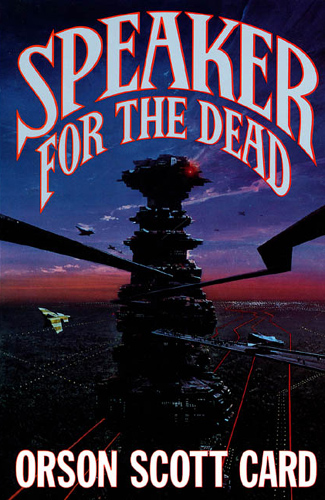
#5 – Speaker for the Dead – Orson Scott Card – This remains my favorite Card book. I’ve enjoyed a lot of his other works, but this one impacted on my brain at the right time. The concept of Speaking, the xenobiology of Lusitania, the psychological tensions, Jane, religious belief in science fiction where they didn’t turn out to be the bad guys, and the whole big cathartic ending blew me away in my teen years, and continues to blow me away in my adult years. If Card has written anything else like it I’ve yet to read it, though his Ender’s Shadow series comes close at times. I’ve heard that this was the book Card wanted to write, but decided to develop his main character first through a short story called “Ender’s Game” that became a lot bigger than he anticipated. I’m glad for “Ender’s Game,” but this was on another plane entirely.

#6 – Theft of Swords – Michael J. Sullivan – My brother bought me this book for Christmas one year. I think I may have procrastinated reading it–it was from a self-published author, so how good could it be? Well, I was wrong. Fourteen books later I am a devoted Sullifan, and as much a fan of Sullivan and his wife, Robin, as of his books. You see, Michael J. Sullivan engages with his readers better than anyone else I’ve seen. He writes the stories he wants to write (and Robin wants to read), but he cares deeply about his fans’ enjoyment. He’s also the King of the Fantasy Kickstarter, having successfully crowdfunded seven projects, most of which not only set Kickstarter records, but several have become New York Times Bestsellers. But most importantly to me, he is a personal inspiration. He wanted to be a published writer for a long time, but got frustrated and quit for at least ten years. He started writing again just for his daughter, but his wife saw what he produced and had other plans. His success has been slowly building ever since. If there is any writer out there I would like to be like, I think he is the most likely model to copy. I love his writing. I love the team he and Robin have become. I love seeing good people succeed and be rewarded for being good people.
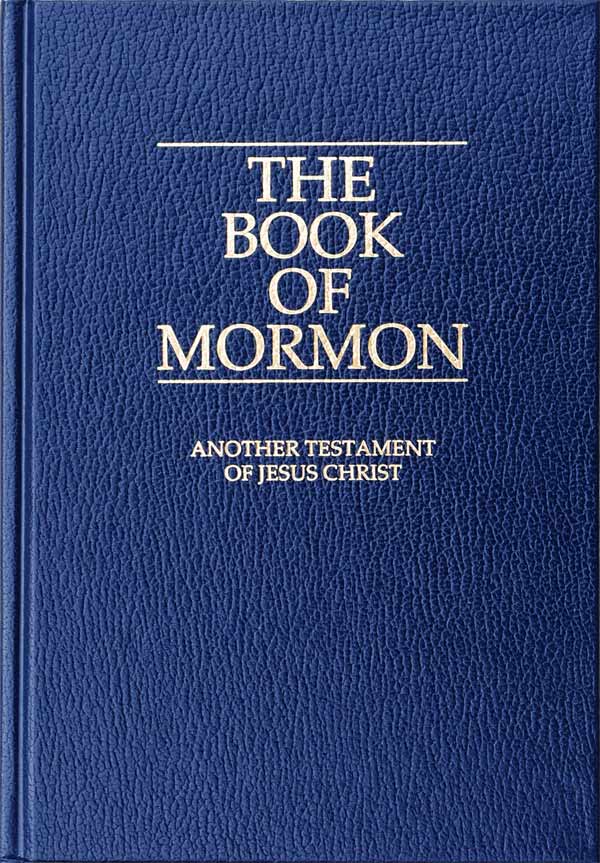
#7 – The Book of Mormon – trans. Joseph Smith – I suppose this could be something of a cheat, because in my mind this also includes The Holy Bible. I consider both books to be the word of God and fundamental to my religion and who I am. But in many ways The Book of Mormon manages a clarity that the Bible sometimes lacks, especially around who Jesus Christ is, what His mission was all about, and our relationship to Him. A spiritual history of a branch of Israel led out of Jerusalem around the time of King Zedekiah to the American continent, it serves as another testament of Jesus Christ and His dealings with His people.
This concluded the official challenge, but I decided to take it further and post bonus content! Because I’m just generous that way. And because it seemed unfair to books to continue doing 13 more albums when I probably own as many or more books than I do albums. So….
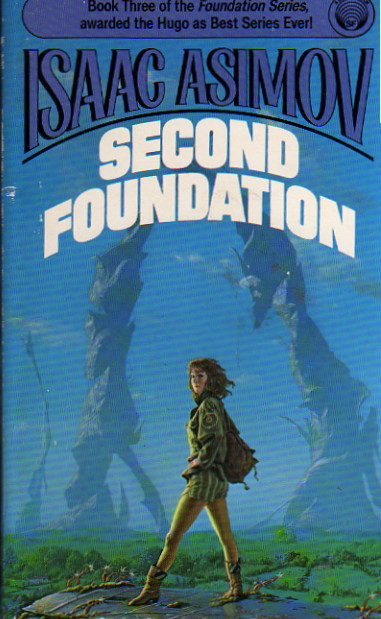
Second Foundation – Isaac Asimov – I know I read the Foundation Trilogy when I was a teenager, and I remember enjoying them thoroughly, but this is the novel I most remember. And no, not just because I developed a minor crush on Arkady as depicted by Michael Whelan, and probably not just because I could relate to her character as a teenager. I recall the novel being a lot of fun, and the plot twist at the end being especially delightful. I read “Prelude to Foundation” years later and recall that one was a great read, too. My in-laws gave me a special edition of the Foundation Trilogy as well, which I keep among my most treasured books.

The Sword of Shannara – Terry Brooks – My brother-in-law Scott, who was, is, and always will be the coolest of guys, gave me this book for Christmas on year, and I had it finished–perhaps for the second time-before the break was over. I remember reading almost constantly, at any rate, because I couldn’t put it down. And at 726 pages, it was probably the largest book I’d read to that point. Within a year or two when I reached seventh grade I would steal horribly from it when I wrote my very first story for the school district’s Young Authors Conference competition, where I won second place in my grade–and would proceed to place on average second place for every subsequent year through my senior year. I read the next couple books in the series, and then tried his first Landover novel and pretty much departed for other paths at that point, but it’s the book I most credit with starting me on the path of writing.
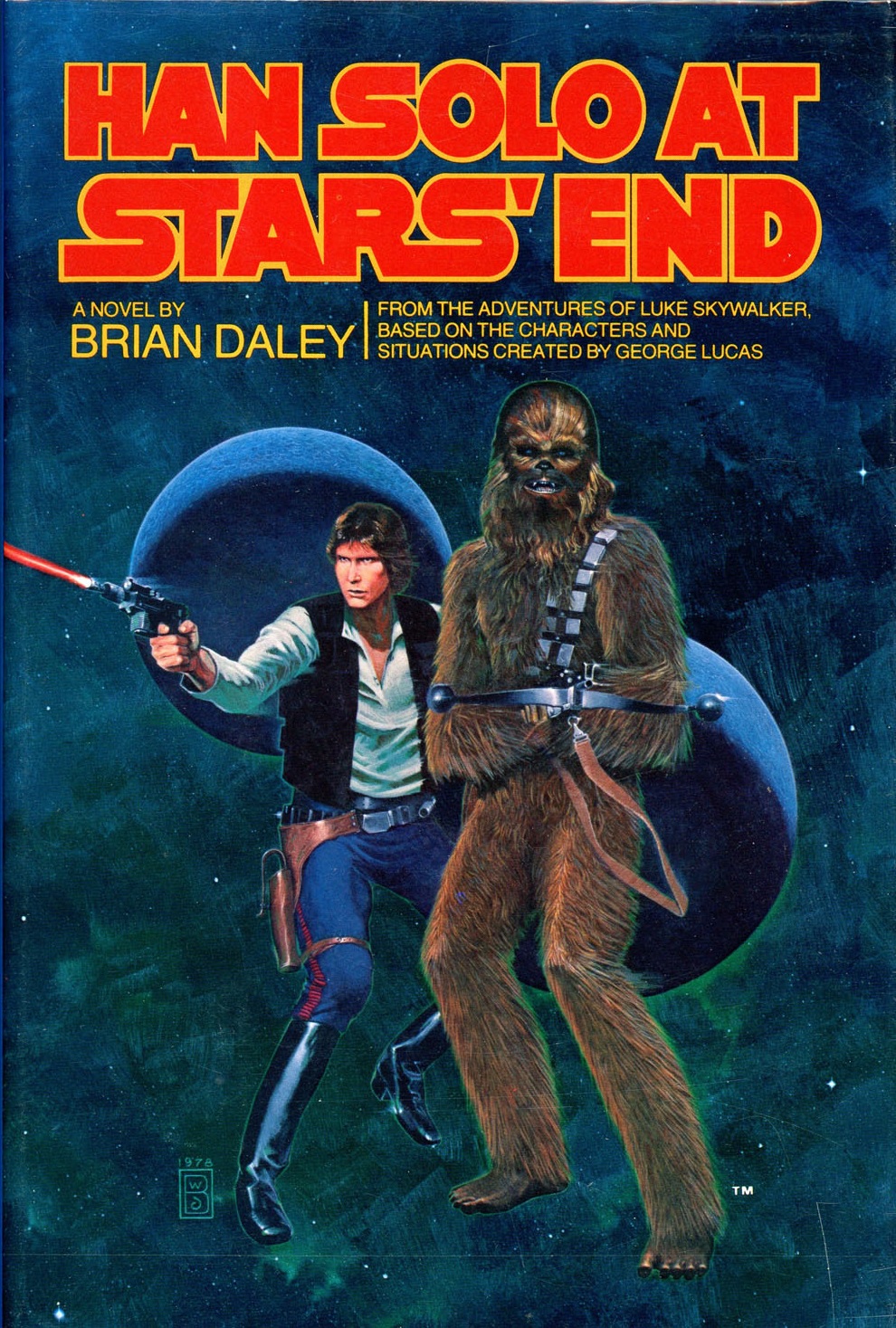
Han Solo at Stars’ End – Brian Daley – I was nine when this came out, and I’m pretty sure I read it that year–it was a Christmas present. At that age I couldn’t get enough of anything Star Wars, though I recall “Splinter of the Mind’s Eye” was just weird and, while a good story, never quite felt right. This, however, was very much Han Solo to me. This was probably about the point I discovered the world of tie-in novels, and while Star Trek got there first and most prodigiously, this one of the first and most-beloved. And short. That helped a lot at that age.

The Lion, the Witch, and the Wardrobe – C.S. Lewis – This is probably the first book I ever owned, and at least some of the series I bought with my own money. My best friend in second grade, Doug Maxfield, introduced me to them, and suddenly we had something in common besides Star Wars. I absolutely adored these books and have reread them all many times. I’m a little disappointed they didn’t catch on with my kids so much, but…well, you can’t have everything, I suppose.
The Adventures of Huckleberry Finn – Mark Twain – Yes, that’s right, I read The Book. In high school, no less. Oddly enough, I was able to tell, even at that young, impressionable age that Twain was making a strong statement against slavery and racism even while cloaking it all in the conventions of his time. It was a subversive novel, and I can’t help but think all the modern critics are being intentionally blind. In any case, I thoroughly enjoyed it–so much, in fact, that I gave up trying to finish it on my teacher’s timeline and instead took my time–and still hadn’t finished it by the time we had the test on it. I got a B anyway.
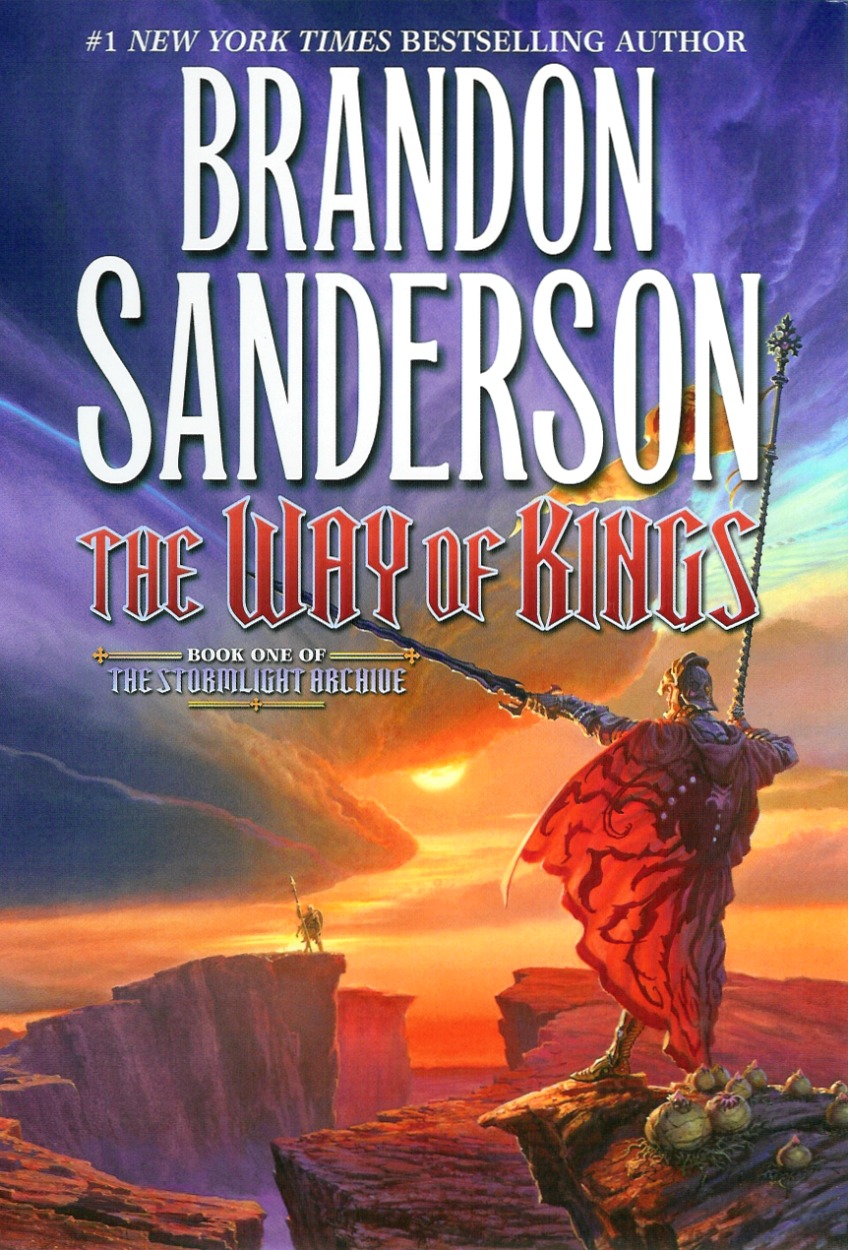
The Way of Kings – Brandon Sanderson – Sanderson is know first and foremost for his magic systems, but only slightly less so for his world-building. “The Way of Kings,” first book in his “Stormlight Archive” epic is a completely immersive experience I’ve not experienced since Frank Herbert’s “Dune.” But most importantly he got me to care about the characters. I love that these are more or less normal people caught up in circumstances way beyond their ability to comprehend and are forced to rise to the occasion. At 1200+ pages per book it’s not for the faint of heart, but the stories are immensely satisfying.
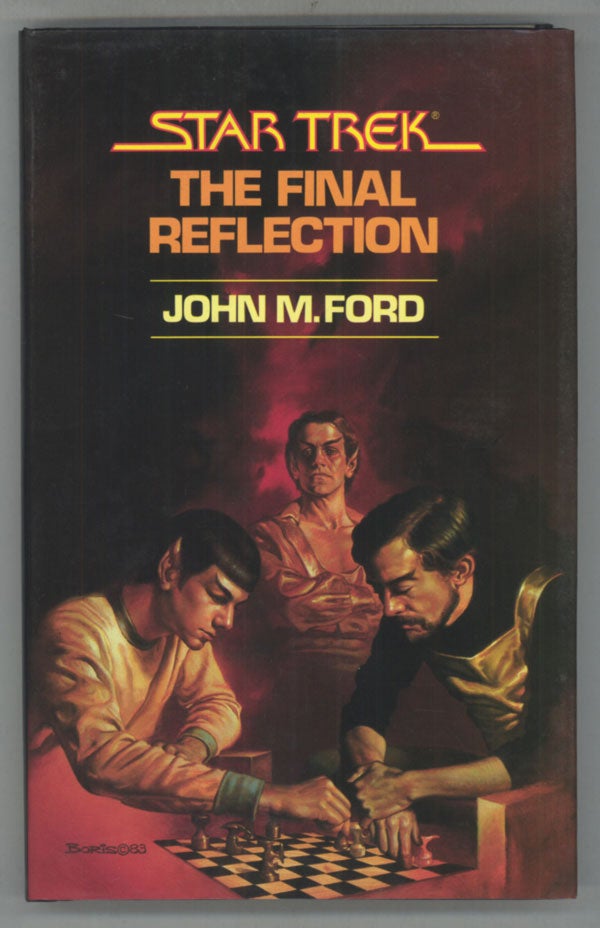
The Final Reflection – John M. Ford – As a middle-grade and YA reader I really enjoyed the Star Trek novels. I think I read most of the ones the library had at the time, though eventually I got behind. I even enjoyed the ones that barely even mentioned the “main characters,” which is probably one reason why I got so heavily into the Star Trek RPG a few years later. But to this day this one stands out above the rest. At the time it was mind-blowing: an entire novel about a non-main character, and a Klingon to boot! A Klingon that played chess and actually cared about peace! Ford really stood my expectations on end and pulled off a great read in the process.

I Am Not a Serial Killer – Dan Wells – This is one of those books I bought because I liked the author. That happens frequently around here. There are a lot of authors in Utah. Anyway, YA Suspense/Horror probably isn’t my bag, but daaaaaaang! Dan Wells knocks it out of the park with this debut. He takes a sociopathic main character and gets you inside his head to where you feel the emotions he’s incapable of feeling. I haven’t been this tense reading a novel since childhood. Wells winds you up, lets out some pressure, winds you up tighter, let’s out some… well, you get the idea. I’ve read the rest of the series, which is good, but it’s really hard to follow this one up with…anything.

Dandelion Wine – Ray Bradbury – This was given me by a good friend in college. I’d read Bradbury before, but this was something…more. This book encapsulated childhood so well I practically lived through the eyes of Douglas Spaulding, and mourned along with him at the dying of the magic in the world. I think it just hits me harder and harder the older I get. Children never really appreciate what they’re leaving behind–they’re in a big hurry to become grown-ups–and may not even realize it’s gone until it’s far too late. Oh how I wish Greentown existed and that I had the portal to get there. But then I remember the the Happiness Machine, and Colonel Freeleigh, and realize that this book is as close as I’ll ever get. And that’s good enough.
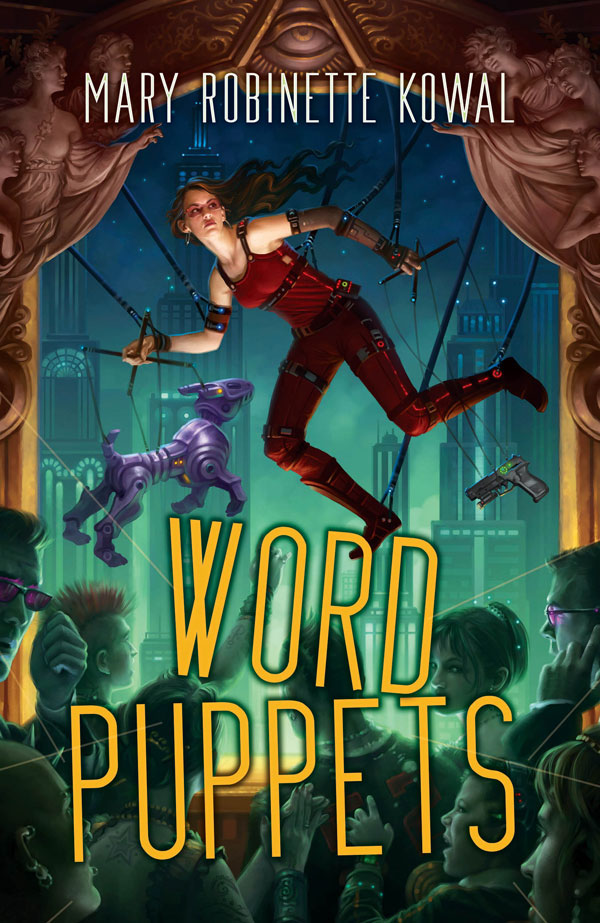
Word Puppets – Mary Robinette Kowal – I love Mary Robinette Kowal’s writing (I’m rather fond of Mary Robinette as a person, too, from my brief associations with her). I even got to read her novel “Valour and Vanity” practically as it fell from her word processor. I’m consuming her “Lady Astronaut” series as fast as she can put them out (and she does an incredible job with reading the audiobooks). But her short story collection “Word Puppets” blew me away. She’s a master of short stories, and her ideas range from the ridiculous to the sublime with equal care and precision. I find short story collections harder to read in general, but even more so when they concentrate so much into a small form and give such powerful closure so soon that I have to step away for a while, just like I do after finishing a novel. Mary Robinette’s work is so good I don’t think I could read any of them back to back. As someone who started with short stories and moved to novels, and now find it hard to move back, I can say it’s no easy feat.
